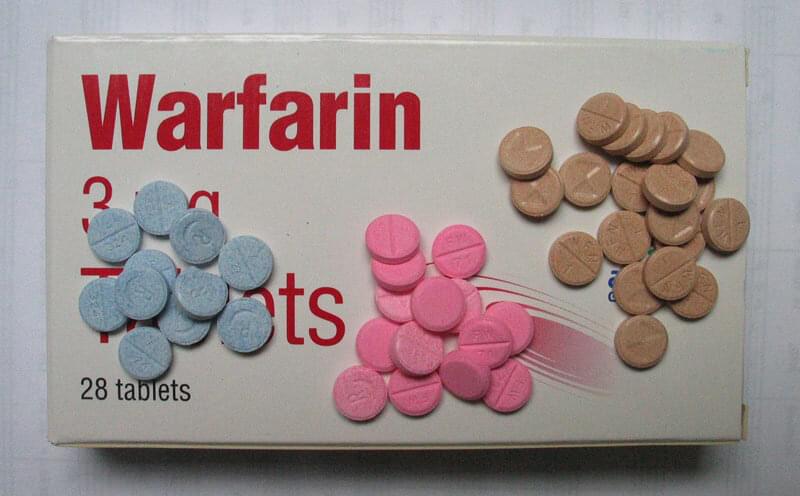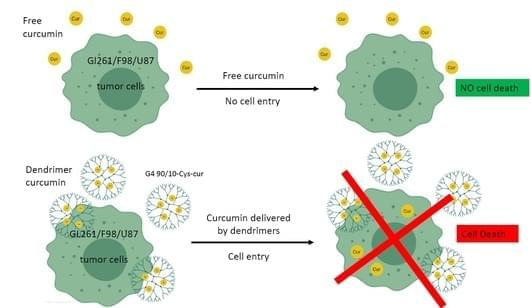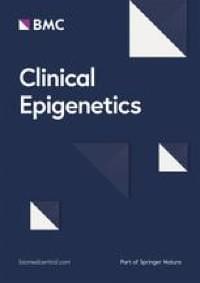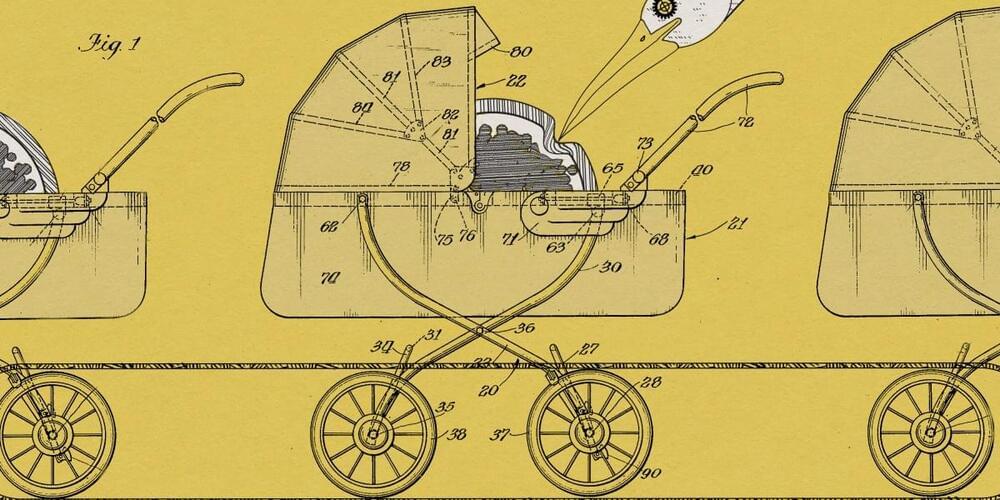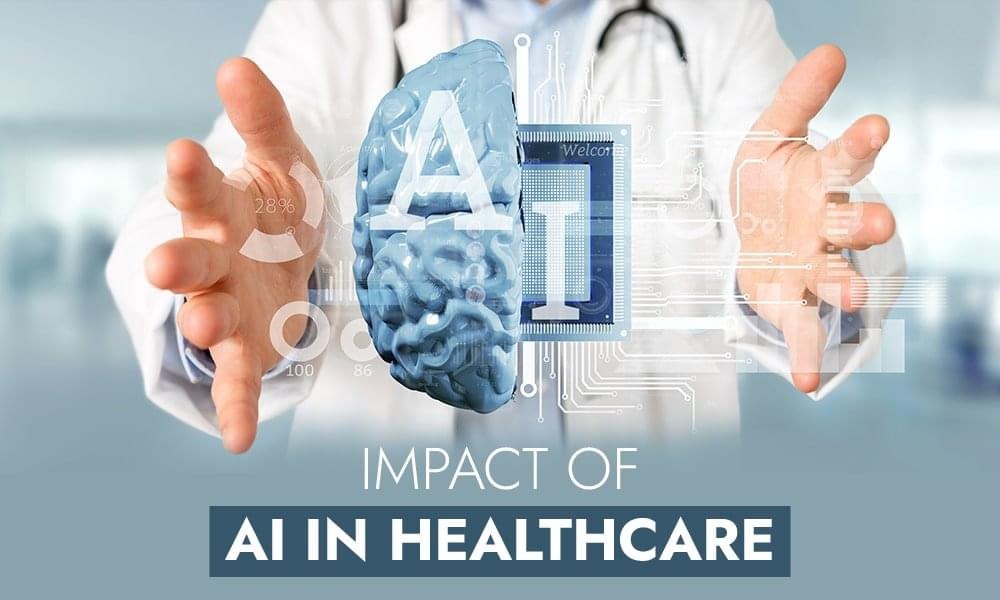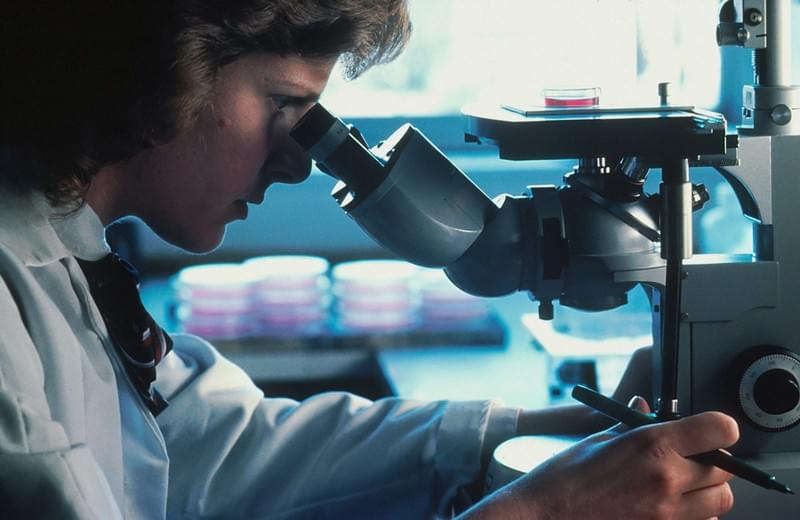Most stroke patients taking the anticoagulant warfarin were no more likely than those not on the medication to experience a brain bleed when undergoing a procedure to remove a blood clot, UT Southwestern Medical Center researchers report in a new study. The findings, published in JAMA, could help doctors better gauge the risk of endovascular thrombectomy (EVT), potentially expanding the pool of eligible patients for this mainstay stroke treatment.
Warfarin is a type of blood thinner commonly used to prevent stroke because of heart conditions such as atrial fibrillation. Although not very common, patients taking warfarin may still experience a stroke. In clinical practice, it’s very possible that some physicians may withhold an endovascular thrombectomy because patients have been treated with warfarin before their strokes.
Our study could increase the number of patients for whom this lifesaving and function-saving surgery would be appropriate, said study leader Ying Xian, M.D., Ph.D., Associate Professor of Neurology and in the Peter O’Donnell Jr. School of Public Health at UT Southwestern. Dr. Xian is also Section Head of Research, Stroke and Cerebrovascular Diseases in the Department of Neurology at UTSW.
